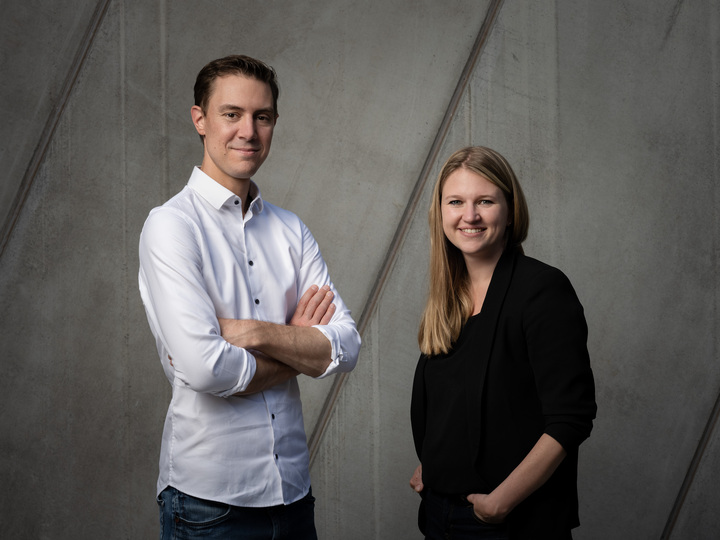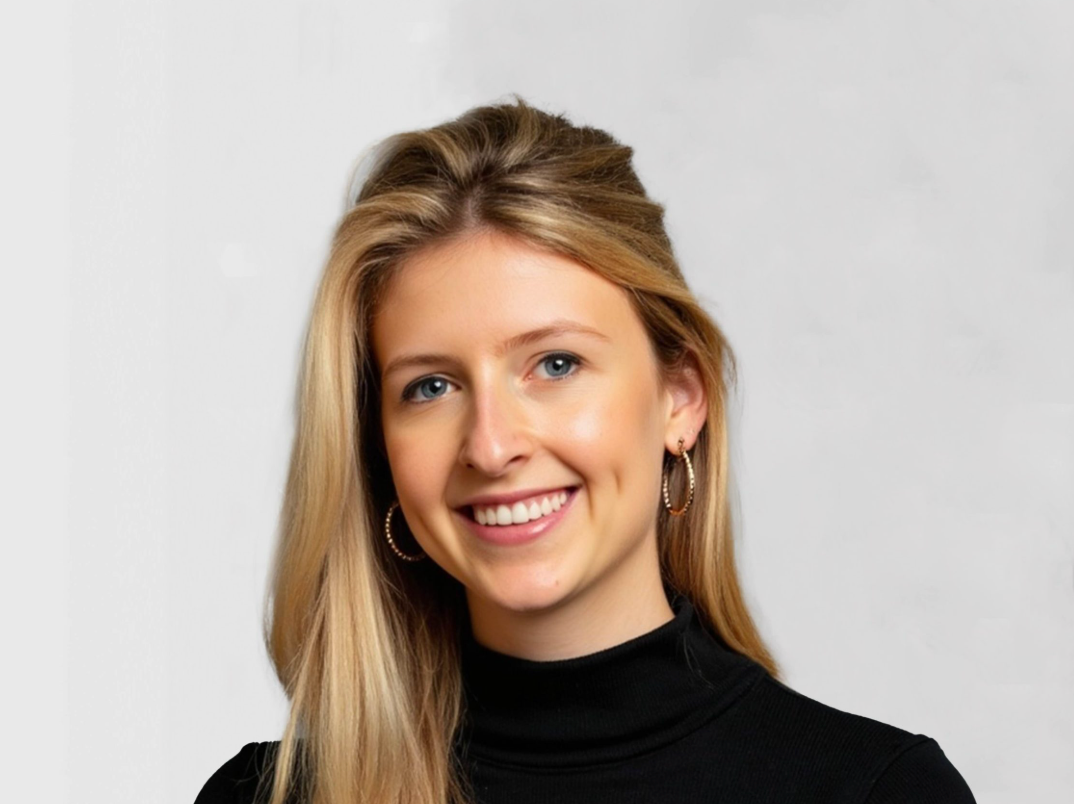Successful founders are increasingly setting up their own VC firms — and now, there’s another one to add to the list.
Reinhard Meier, who founded telehealth startup Teleclinc before exiting in 2020 for €50m, is today announcing a new €100m fund to invest in healthtech startups.
Based in Munich, and called YZR Capital (pronounced “wiser”), the firm has raised nearly €60m of its first fund.
It is, Sifted believes, the first healthtech-focused VC in Europe to be set up by an exited healthtech founder.
It’s a sign the sector is maturing — even though investment in European healthtechs is down 42% this year compared with the frothy days of 2021, according to Dealroom. But that drop is mostly at later stages, and €2bn has been raised in seed and pre-seed funding alone in 2022. That’s just €300m less than the figure raised by early-stage healthtech startups last year (excluding €100m-plus megarounds that aren’t really seed stage) and with a month left on the clock and a reporting lag to account for, that number will only go up.
Where will the money go?
The fund will invest in startups across Europe, mainly at pre-seed and seed, that it thinks can hit profitability in the next couple of years. YZR is on the hunt for medical technology startups, disruptors on the delivery side of healthcare and pure digital direct-to-consumer or B2B health solutions.
YZR doesn’t do biotech deals — because investing in that sector requires more of a scientific background, says Markus Feuerecker, YZR's other cofounder and a former private equity investor. Another no-go (for the moment, at least) are startups built to go to market on Germany's DiGA — a regulatory framework meaning digital health companies can be prescribed free to the patient and reimbursed by the state.
“The challenge is, if a firm is built purely with the payment framework of one country, there is the threat of a surge of competitors and price downs,” says Feuerecker. “In contrast, we are looking for startups that target large markets with an international mindset.”
Startups backed so far
While YZR has just announced the first close of its fund, the firm started investing a year ago and has backed six startups so far. They are:
- Scan booking startup Scan.com
- AI therapist app Clare&me
- At-home testing startup uPacjenta
- Hair transplant company Hair&Skin
- HR software startup Flair.hr
- Medical virtual reality startup ApoQlar
Who’s backing YZR
- The European Investment Fund
- German corporate venture funds Bertelsmann Investments and Beiersdorf AG
- A number of family offices and tech entrepreneurs
What’s with DACH and healthtech VCs?
YZR is joining a growing number of healthtech-exclusive VCs to come out of the DACH region.
There’s Vienna’s Calm/Storm Ventures — which backed 29 startups at pre-seed and seed in 2022 and is the most active European healthtech investor this year — and plans to close a second fund of at least €20m at the beginning of 2023.
There’s also Berlin-based duo Amino Collective, an early-stage VC with more of a life science focus, and Heal Capital, which backs digital health startups at seed and Series A.
A strong track record in producing promising healthtech startups — like Kaia Health and Avi Medical (both of which Sifted earmarked as a possible future unicorns) — is one reason the region’s got more than its fair share of health-focused VCs, says Meier. Another is that healthcare is massively underserved by tech at the moment, he adds, and the German healthcare market is the biggest in Europe.



